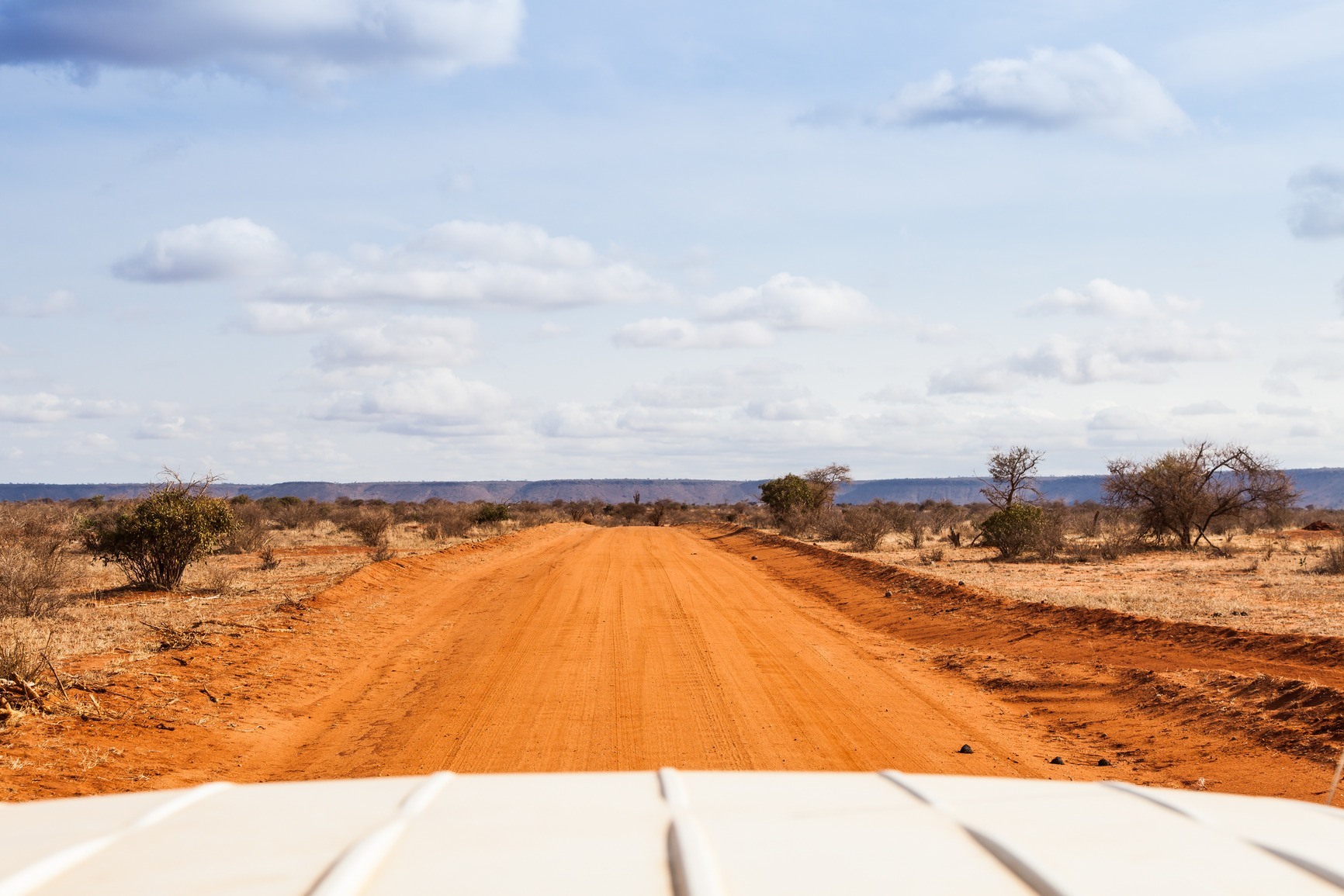
Moving Nairobi? Living in Kenya?
Despite being called the ‘Green City in the sun’ moving Nairobi and starting a new life in Kenya is a demanding experience. We dedicate this bespoke guide from Harrison Brook to helping expatriates like yourself to smoothly navigate their East African adventure.
-
Owning Real Estate
Kenyan law freely permits foreigners to acquire and build on ‘commercial class’ land, ie. land used for income and revenue-making purposes. Kenyan law strictly prohibits foreign nationals from purchasing ‘agricultural’ or farmland. It is typically owned by indigenous people.
The exception to this rule is if you make a purchase through the foreigner’s company. However, this more complicated option. It is unlikely to suit most expats, as the majority of the companies must be Kenyan owned. Despite growing pressure from Kenya’s Expat communities to amend the ruling, the easiest way for foreigners to own agricultural land when moving Nairobi is through a spouse with Kenyan nationality.
One must give a careful consideration to the financing of Kenyan real estate though. The Kenyan banks are often reluctant to lend to foreign nationals. Furthermore, political instability in recent years has seen the Kenyan Shilling fluctuate dramatically against world currencies making a local mortgage an unattractive option.
Learn more about the market-leading International Mortgages currently available in Kenya from Harrison Brook.
-
Cost of living in Kenya
Despite rising prices, Kenya does still offer certain expatriates and retirees an opportunity to amplify their spending power. Therefore, enhancing their quality of life, with the Consumer Price Index (except rent) generally being 50% less than that of London or Paris. This is even after the purchase of extortionate ‘home branded comforts’ when the suitcase supply eventually runs out!
However, expats enjoy one another’s company, and the gated compounds in Karen, Runda, Gigiri, Muthaiga, Rosslyn come at a cost. For instance, a couple could live comfortably on 500,000 KSh (£3,320 – $5,690) pm in the more remote regions of the country, but if you prefer a touch of Western civilization then these expat colonies could see your cost of living rise closer to 900,000 KSh (£6,000 – $10,250) pm.
Learn more about how Harrison Brook helps expatriates all over the world to understand and organize their finances to work as hard as possible for them within the worlds most tax-efficient savings environments.
-
International Schooling in Kenya
A strong educational background is essential for your child’s competitiveness in accessing the best BSc and MSc degrees. As such, educational decisions taken when moving Nairobi could impact greatly on their future career prospects.
International Schools include; Hillcrest International School, International School of Kenya and Nairobi International School. They align the curriculums to England allowing students to easily re-integrate into European higher education.
The 2014/15 annual tuition fees of the private International School Nairobi (one of the most prestigious) range from 255,000 KSh (£1,700 – $2,900) for pre-kindergarten up to 675,000 KSh (£3,960 – $7,685) for year 9-12 students.
Additional costs can substantially increase the provisions required for education funding:
- Boarding: 180,000 KSh (£1,195 – $2,040)
- Transportation fee: 38,000 KSh (£250 – $432)
- Lunch: 26,000 KSh (£172 – $295)
Thoroughly planning educational costs should form an integral part of any expatriate’s financial strategy when moving Nairobi. To learn more about education planning see Harrison Brook’s dedicated page on International Educational Savings Plan.
Alternatively, click learn more today to receive a free, no obligation, personal analysis for meeting your children’s education costs.
-
Setup an Offshore Bank Account
The term ‘Offshore’ often attracts negative connotations. They are commonly portrayed as a dark and deceitful world where the super-wealthy hide their yachts and fortunes. This depiction is however inaccurate and is akin to describing all sports fans as hooligans.
An offshore bank account is simply an account located outside the depositor’s country of origin. No Ferrari needed. In fact, they are arguably the most cost-effective and convenient way for expats moving Nairobi to manage their global payments and financial obligations.
For instance, if you set up a local Kenyan bank account, how are you going to receive your employment or retirement income, set up direct debits and facilitate international transfers without incurring costly fees and volatile Shilling exchange rates? Plus you may have to negotiate with frustrating branch opening hours and limited expertise.
By eradicating the bureaucracies of moving Nairobi, offshore bank accounts allow you to enjoy why you moved to Kenya in the first place.
Speak with an Advisor or alternatively Compare the Offshore Bank Accounts available from Harrison Brook to learn more.
-
Financial Advice in Kenya
The laws regarding financial advice in Kenya differ significantly from those offered to individuals in the UK and Europe. There EU regulation ensures clients receive the highest possible levels of protection and recourse.
Many areas of financial advice in Kenya are far less regulated. Consequently, not only may the standard of advice be extremely poor, it is also likely to be unprotected, giving you no recourse in the event of being mis-sold.
Learn more today and access professional, expert expat financial advice from a UK regulated adviser through our online advice service.
-
Review your Existing Pensions & Investments
Planning your family’s life in Kenya without understanding your current financial situation is very risky. An evaluation will help assess how robust your existing arrangements are for attaining your long-term personal and financial objectives. Moving Nairobi is an exciting and life-changing event, but it holds many financial implications.
The rules and regulations regarding your pensions and investments when moving Nairobi can be complex. Where are you liable for tax purposes? Can the pension provider make payments overseas? How are your lump sum and lifetime allowances affected?
Learn more about how Harrison Brook helps expats like yourself navigate the challenge of moving Nairobi with every possible success.

